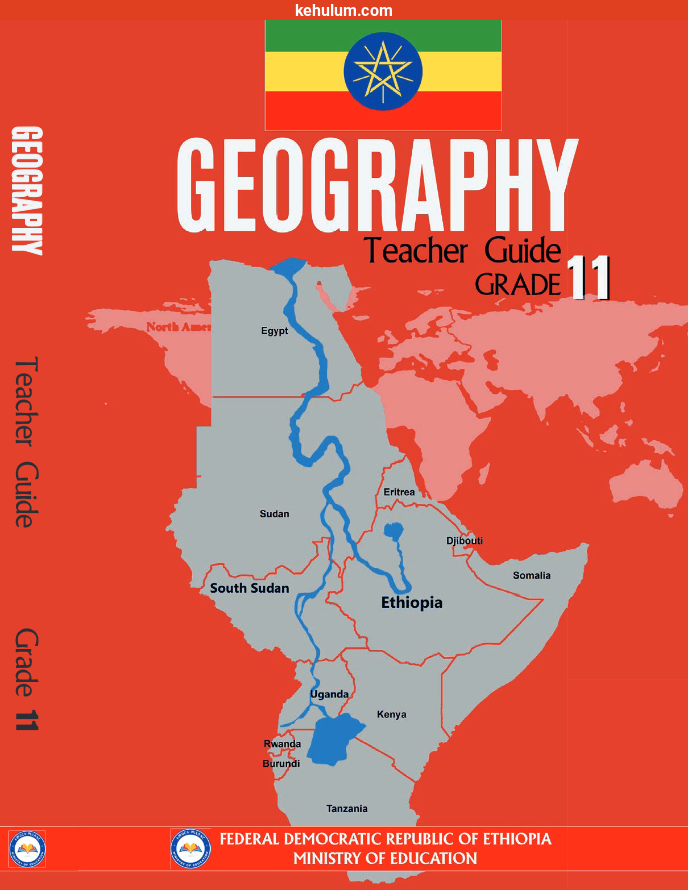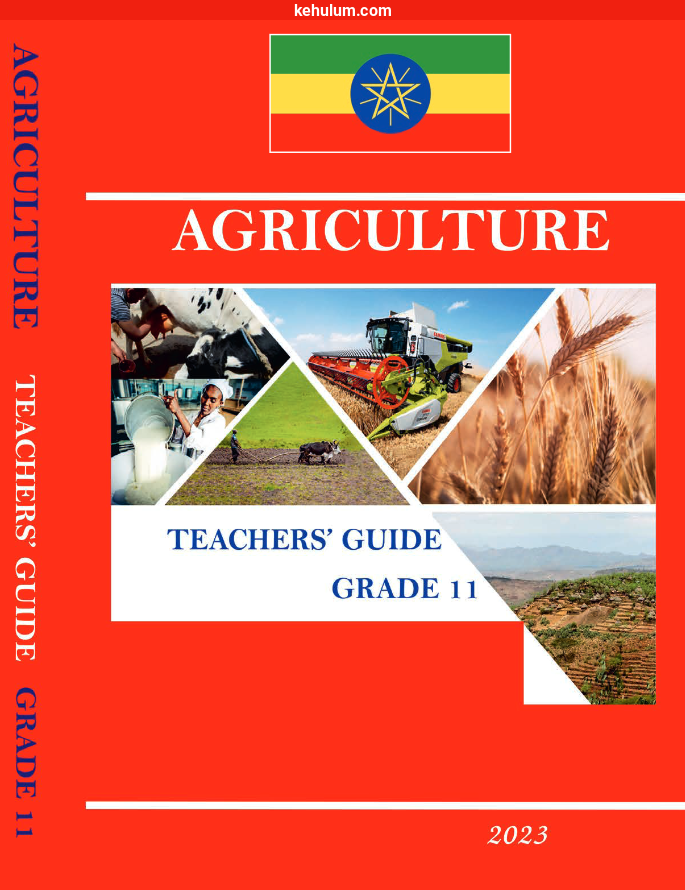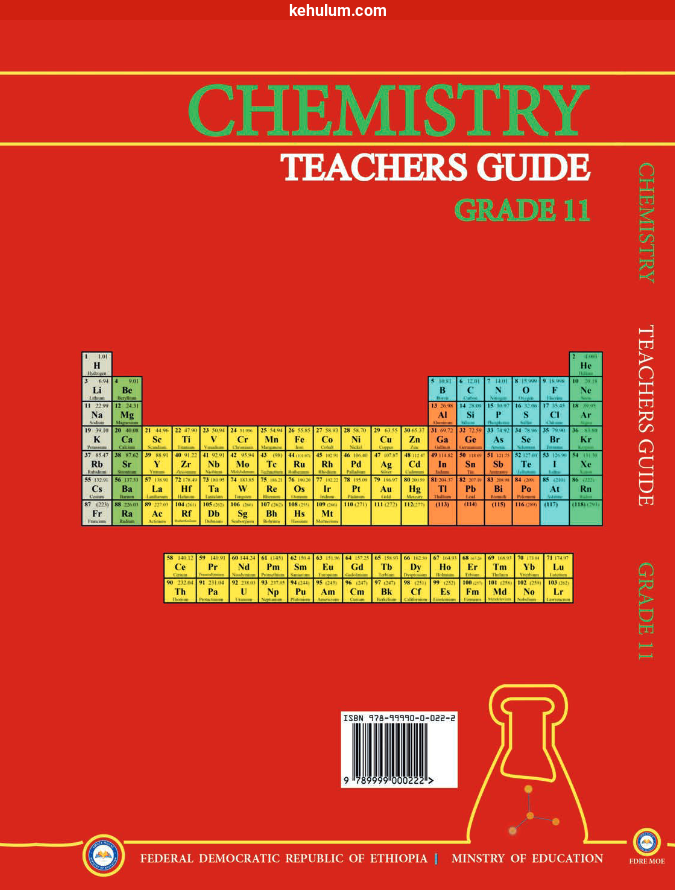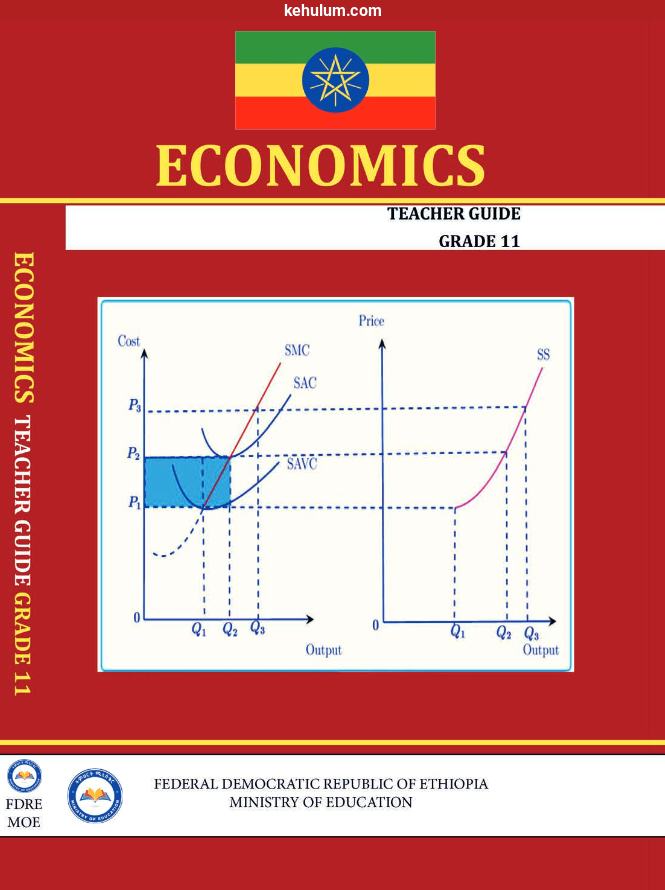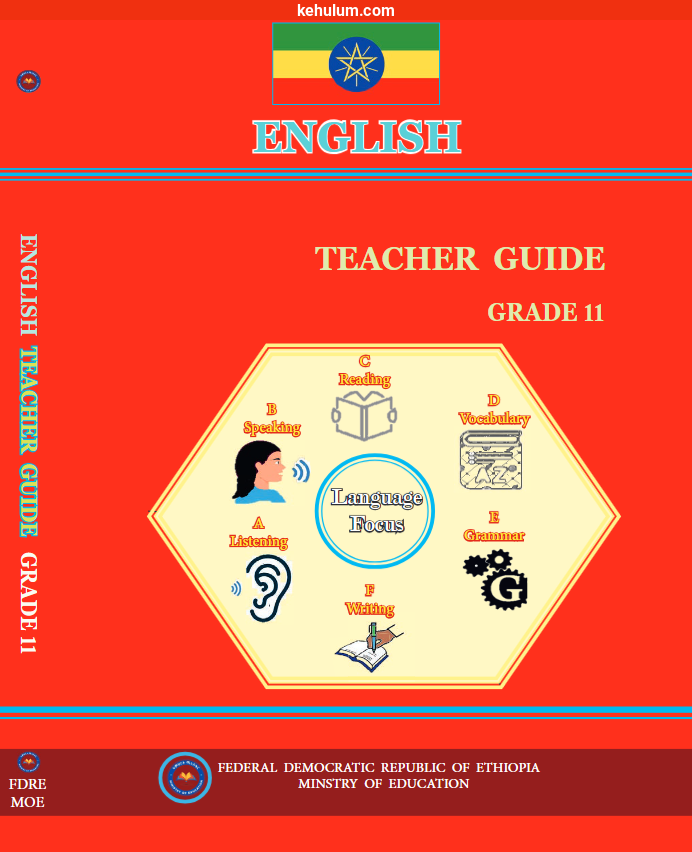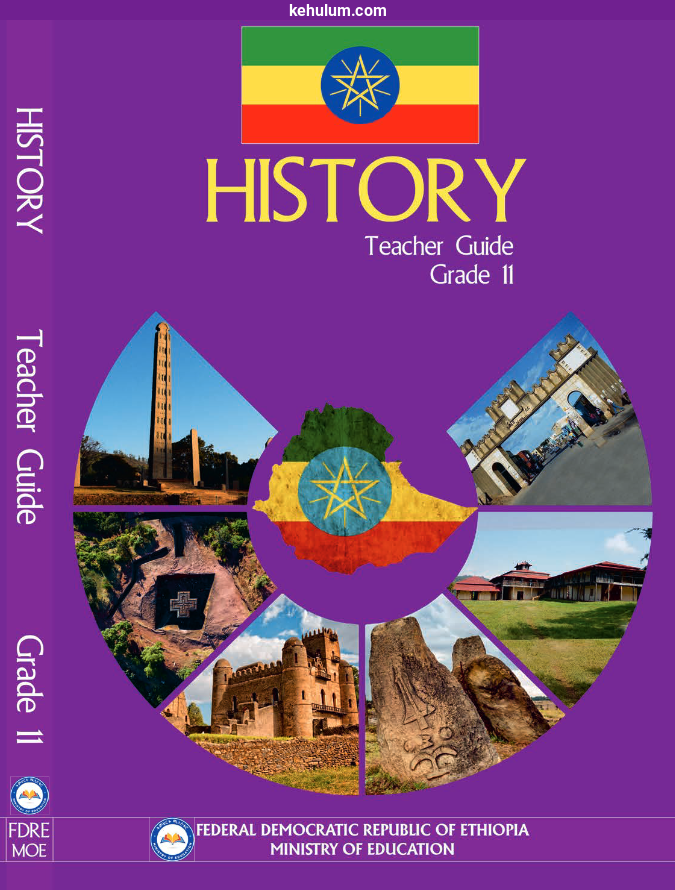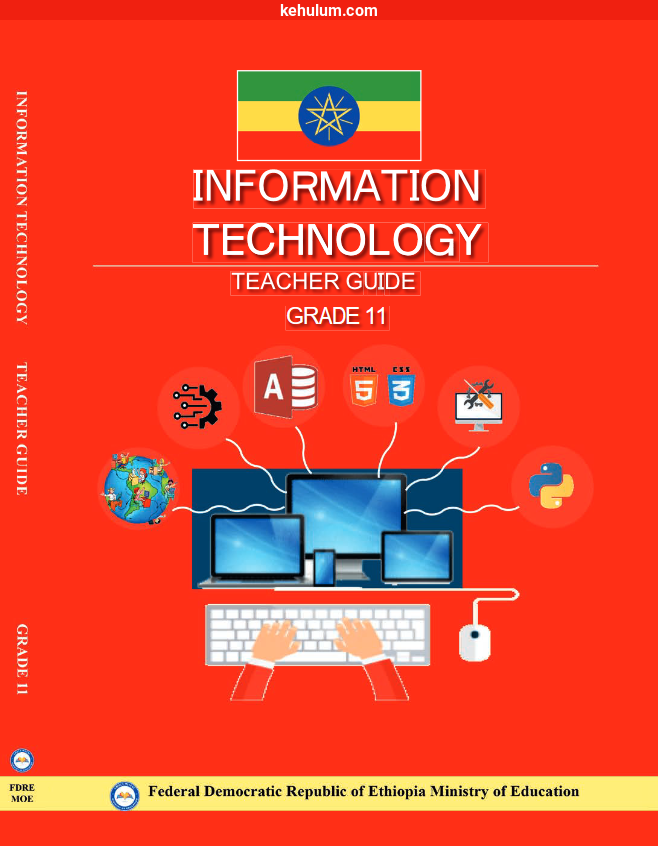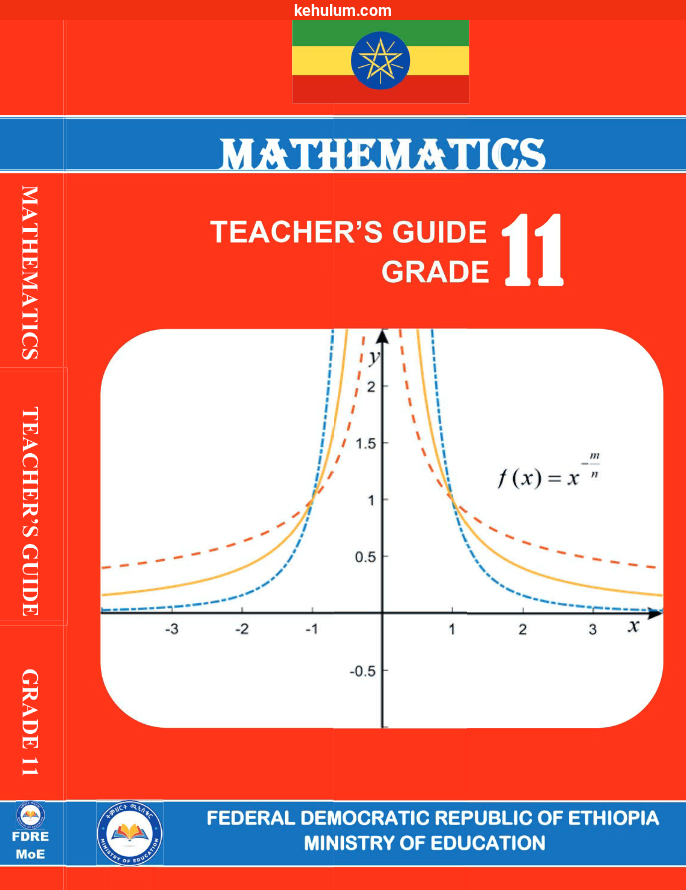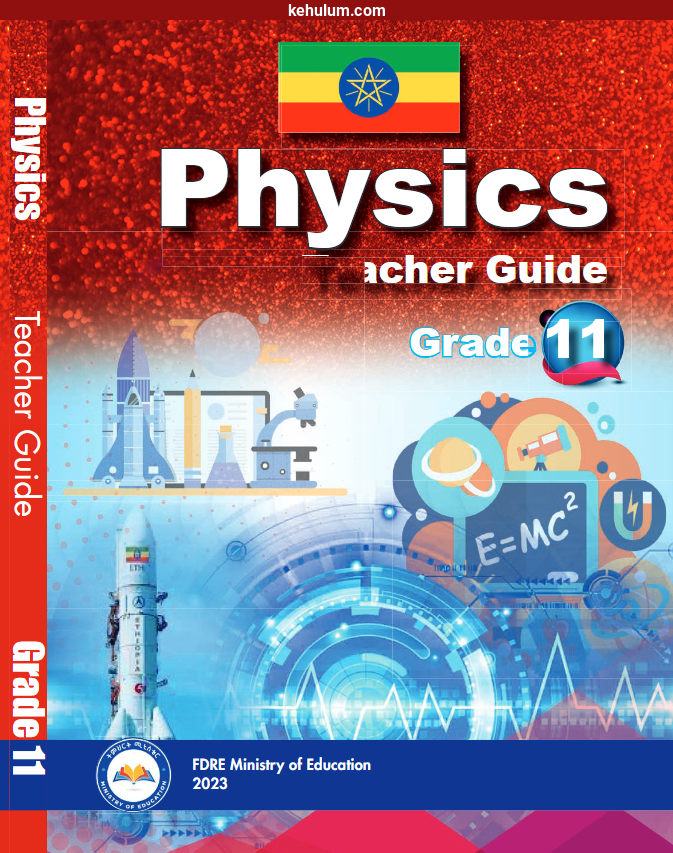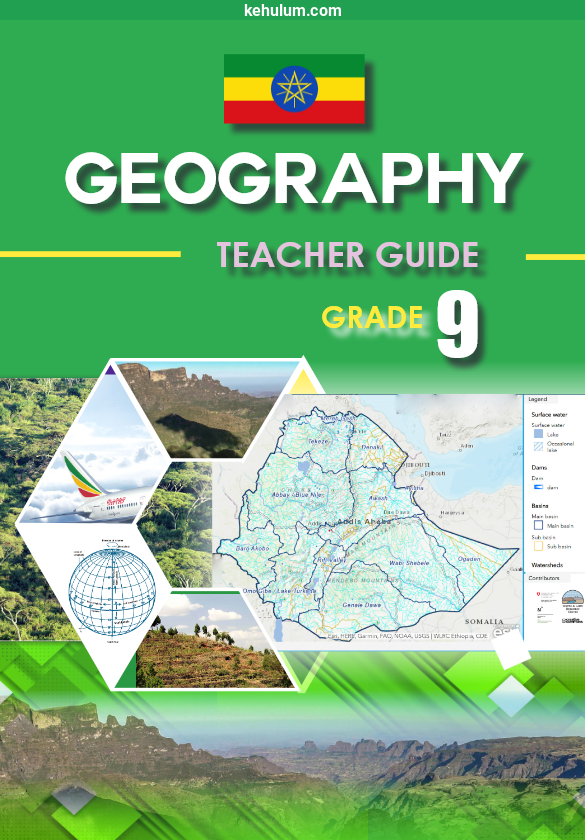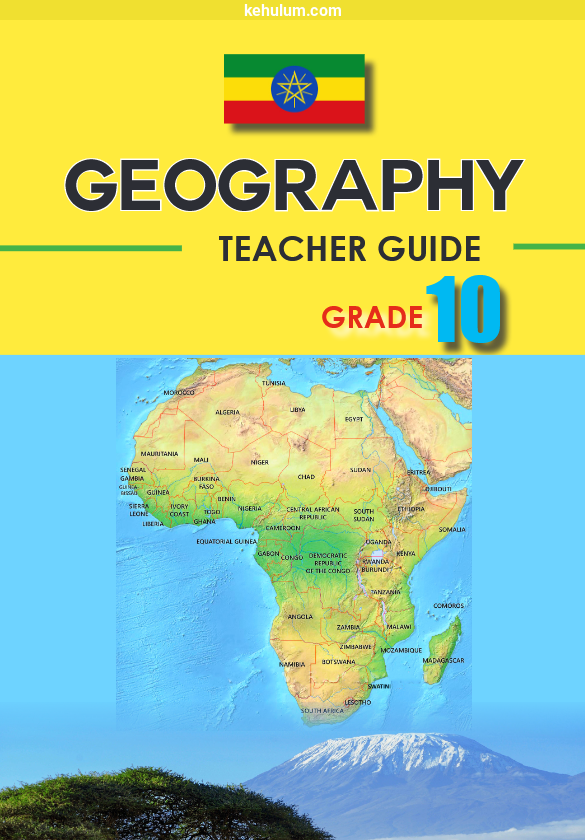Advertisement
Ethiopian Grade 11 Geography Teacher’s Guide PDF (New Curriculum) – Free Download
This Ethiopian New Curriculum Grade 11 Geography Teacher’s Guide is a modern instructional resource aligned with Ethiopia’s 2023 educational reforms. this comprehensive manual is designed to support high school teachers in delivering effective, inquiry-based instruction aligned with both national goals and global geographic literacy standards.
The Ministry of Education in Ethiopia published this guide in 2023. It consists of eight instructional units spread across 257 pages and is available as a 4.4 MB PDF. The guide incorporates various teaching strategies, maps, case studies, and real-world examples.
Writer / Authors
The guide is written by Ermias Debie (PhD) and Mehretie Belay (PhD)
Chpaters
The Ethiopian New Curriculum Grade 11 Geography Teacher’s Guide consists 8 units.They are
UNIT ONE: INTRODUCTION
This unit covers the formation of the continents, including the geological timescale and the distribution of continents and oceans. Teachers will guide students in exploring the changing positions of continents and oceans over time.
UNIT TWO: CLIMATE CLASSIFICATION AND CLIMATE REGIONS OF OUR WORLD
This unit examines climate classification criteria, focusing on Köppen’s climate classification and various world climatic regions. Teachers will facilitate discussions on the factors that influence these regions and include indigenous climate classifications specific to Ethiopia.
UNIT THREE: NATURAL RESOURCES AND CONFLICTS OVER RESOURCES
This unit addresses the functions and management of land, the pressures on resources, and issues of land resource depletion and degradation. Teachers will guide students in understanding transboundary rivers and regional cooperation for their sustainable use, alongside the potential and actual use of water in Ethiopia, Sudan, and Egypt.
UNIT FOUR: GLOBAL POPULATION CHANGES AND CHALLENGES
This unit investigates the growth of the world population and the factors driving accelerated population growth. Teachers will guide discussions on international migrations and the policies surrounding population management.
UNIT FIVE: GEOGRAPHY AND ECONOMIC DEVELOPMENT
This unit discusses the effects of geographic location on development, the impact of climate extremes on poverty, and the disadvantages faced by landlocked countries. Teachers will facilitate exploration of intraregional trade within Africa.
UNIT SIX: MAJOR GLOBAL ENVIRONMENTAL CHANGES
This unit focuses on persistent environmental problems, the nexus between poverty and environmental issues, and the challenges of environmental degradation in relation to sustainable development. Teachers will guide students in assessing these critical issues.
UNIT SEVEN: GEOGRAPHIC ISSUES AND CONCERNS
This unit explores population-related concerns in the contemporary world, environmental degradation and desertification, recurrent drought and famine, deforestation, and the global digital divide. Teachers will facilitate discussions on these pressing geographic issues.
UNIT EIGHT: GEO-SPATIAL INFORMATION AND DATA PROCESSING
This unit covers representations of relief features on topographic maps, basic concepts of Geographical Information Systems (GIS), and essential tools for data processing and analysis. Teachers will guide students in understanding and applying these geospatial concepts.
Advertisement
Frequently Asked Questions
How many pages are in the Ethiopian Grade 11 Geography new curriculum teacher's guide?
The Teacher's Guide contains 257 pages filled with detailed instructional strategies.
How do I download the Ethiopian Grade 11 Geography new curriculum Teacher's guide PDF for free?
Simply click the download button on the page
Is the Grade 11 Geography teacher's guide available for both old and new curriculum?
Yes, kehulum.com provides teacher guides for both Old and New Ethiopian curriculum.
Related new curriculum geography Teacher's Guide
Advertisement

